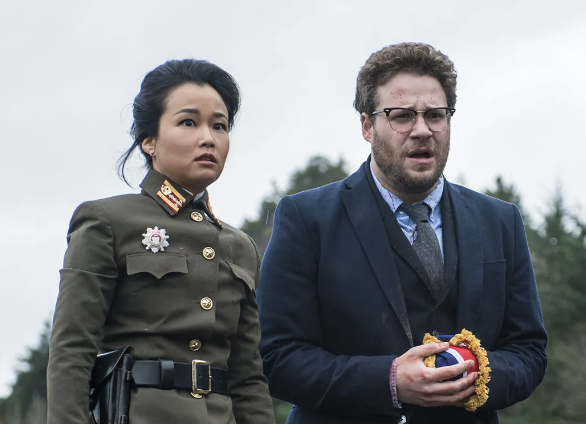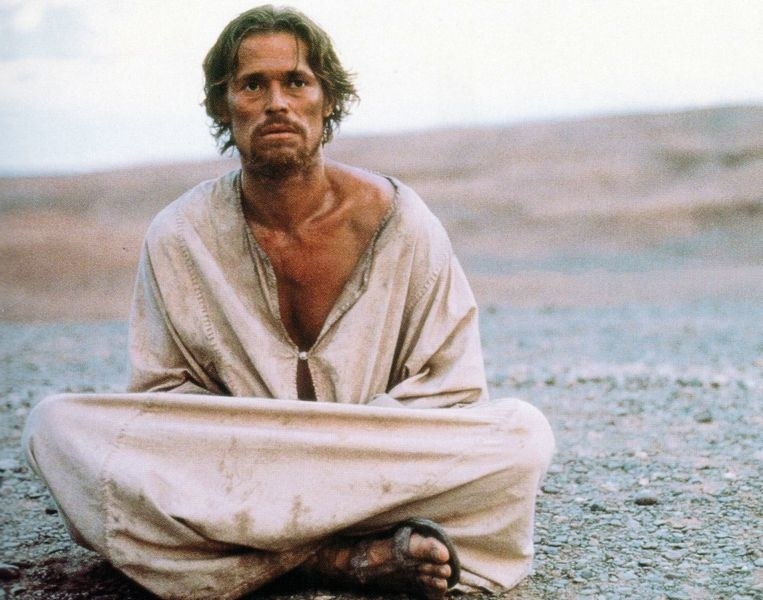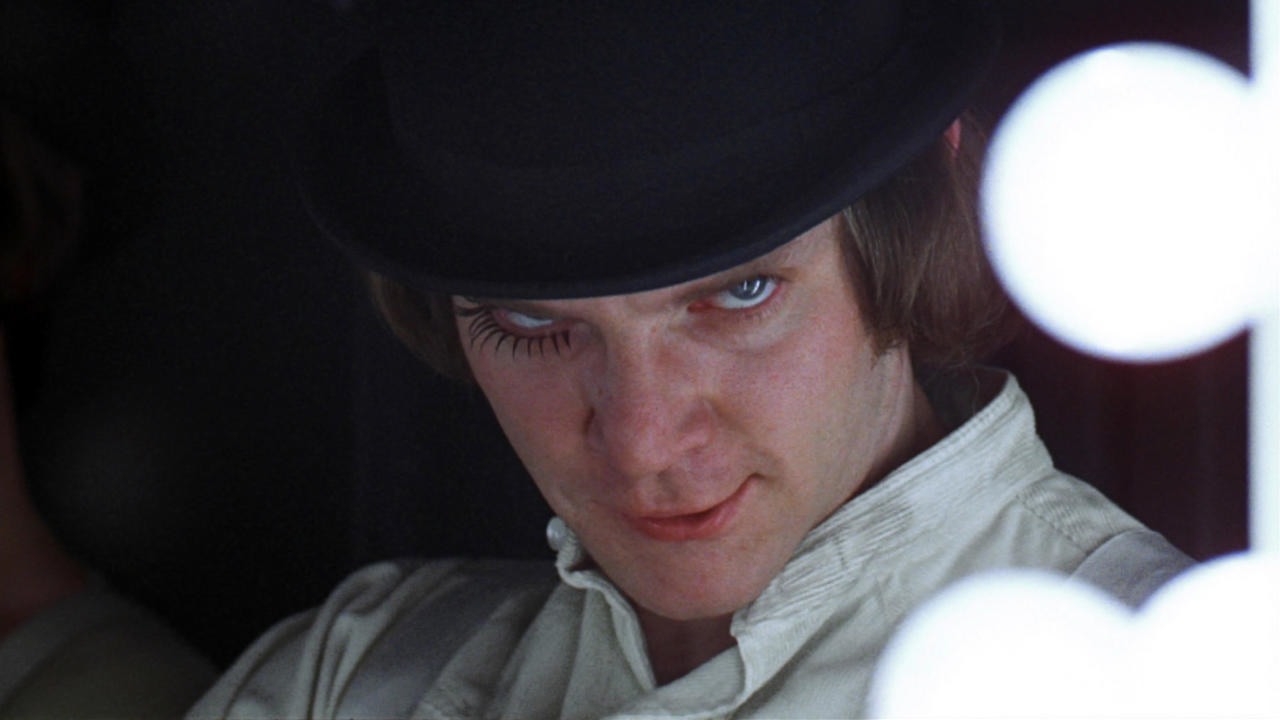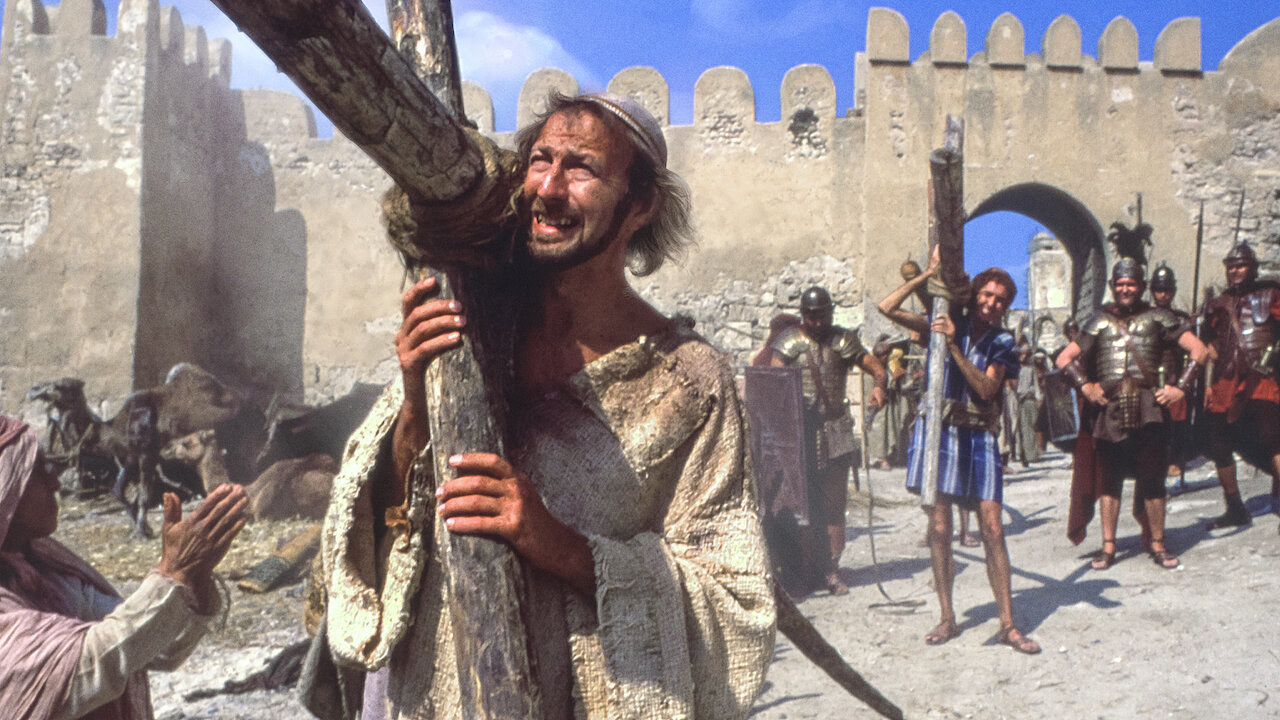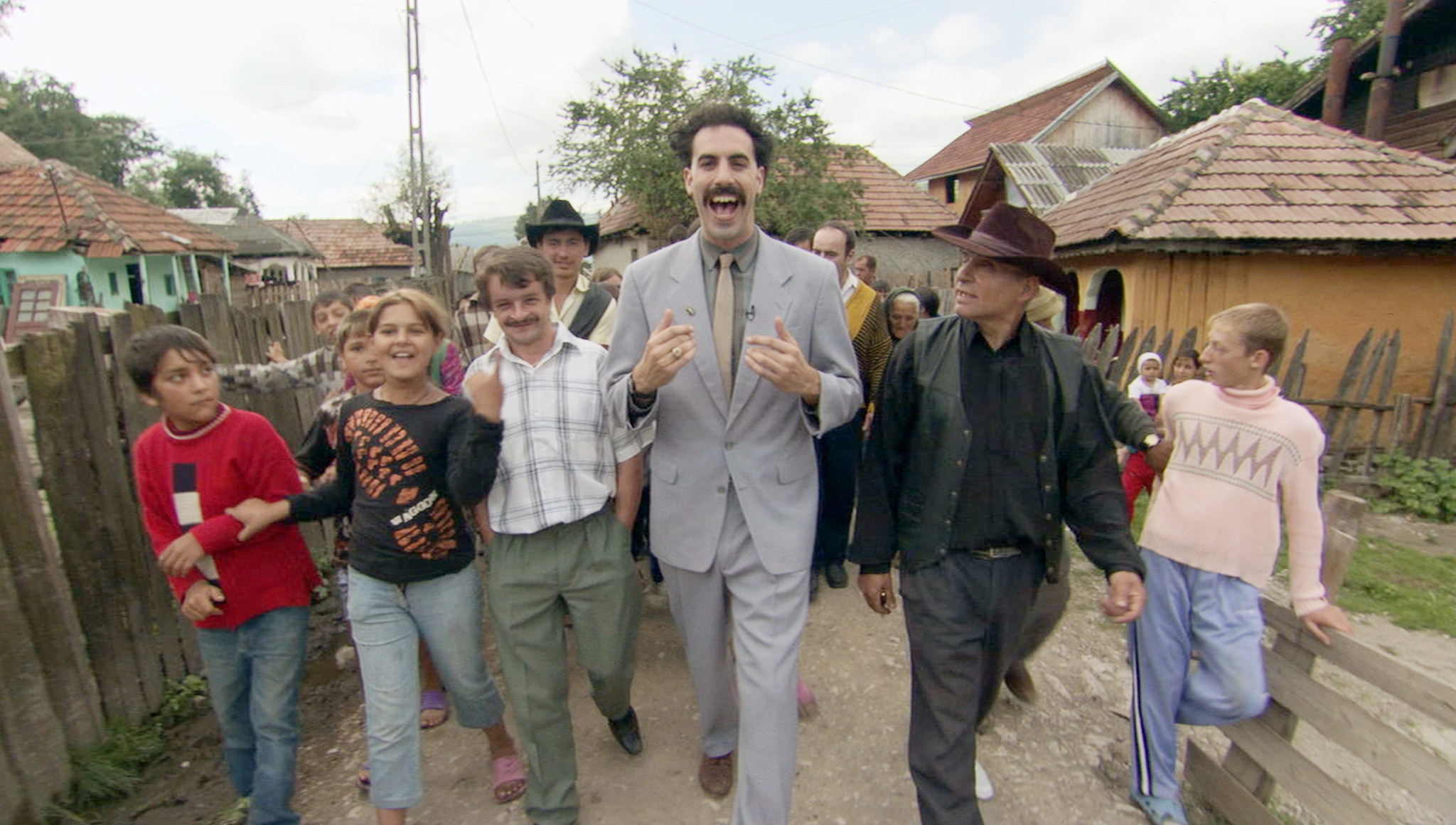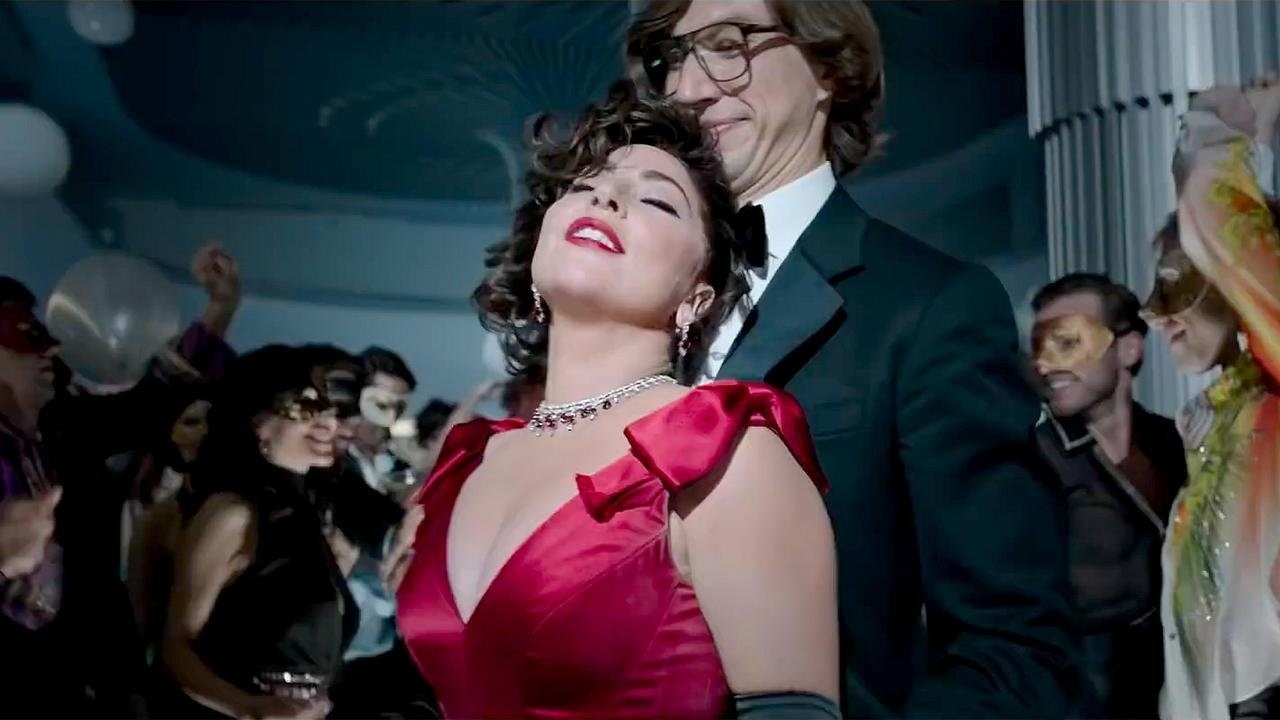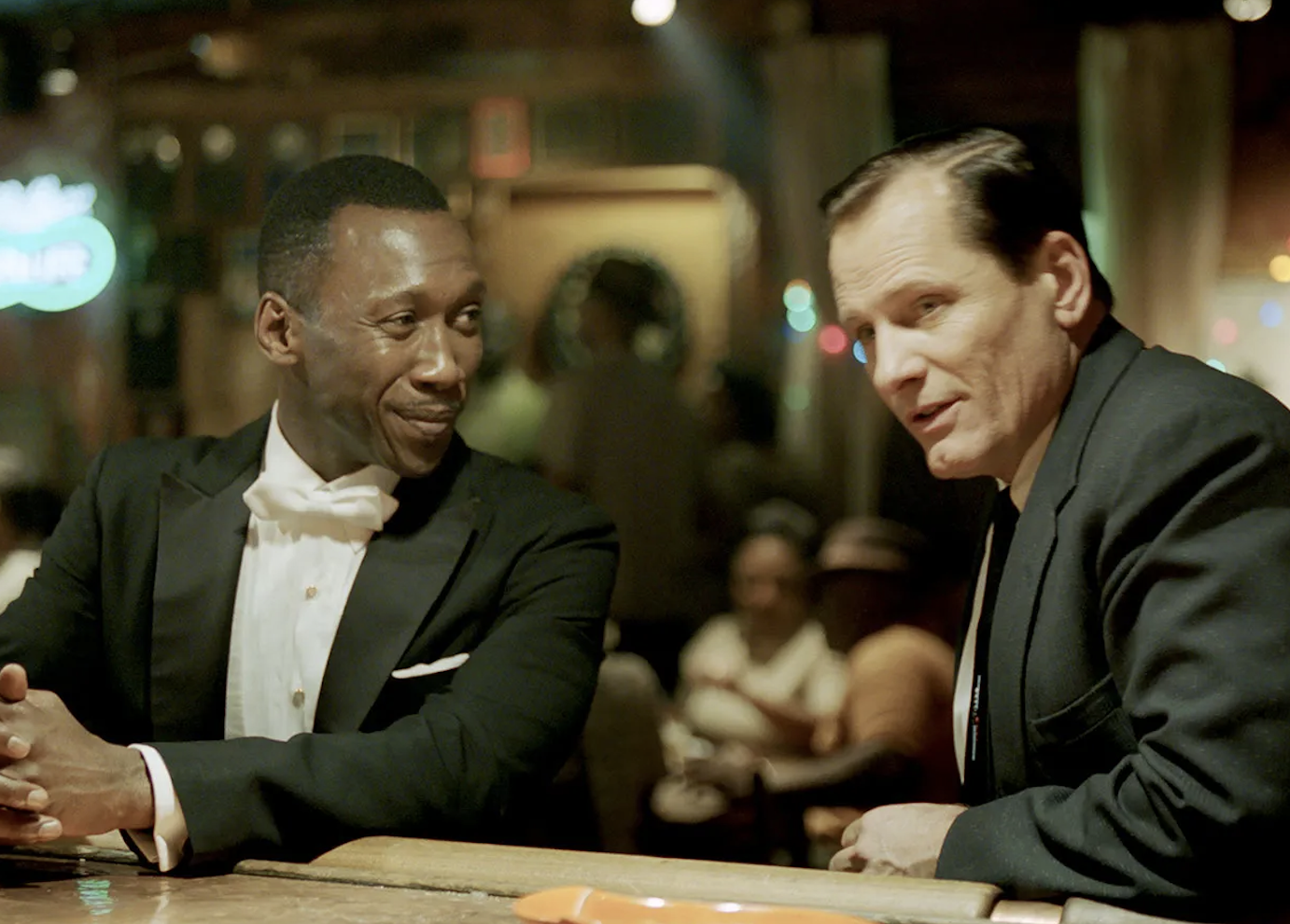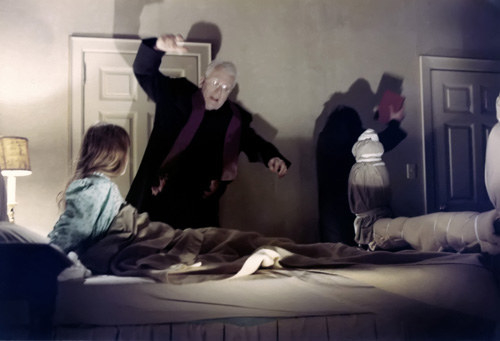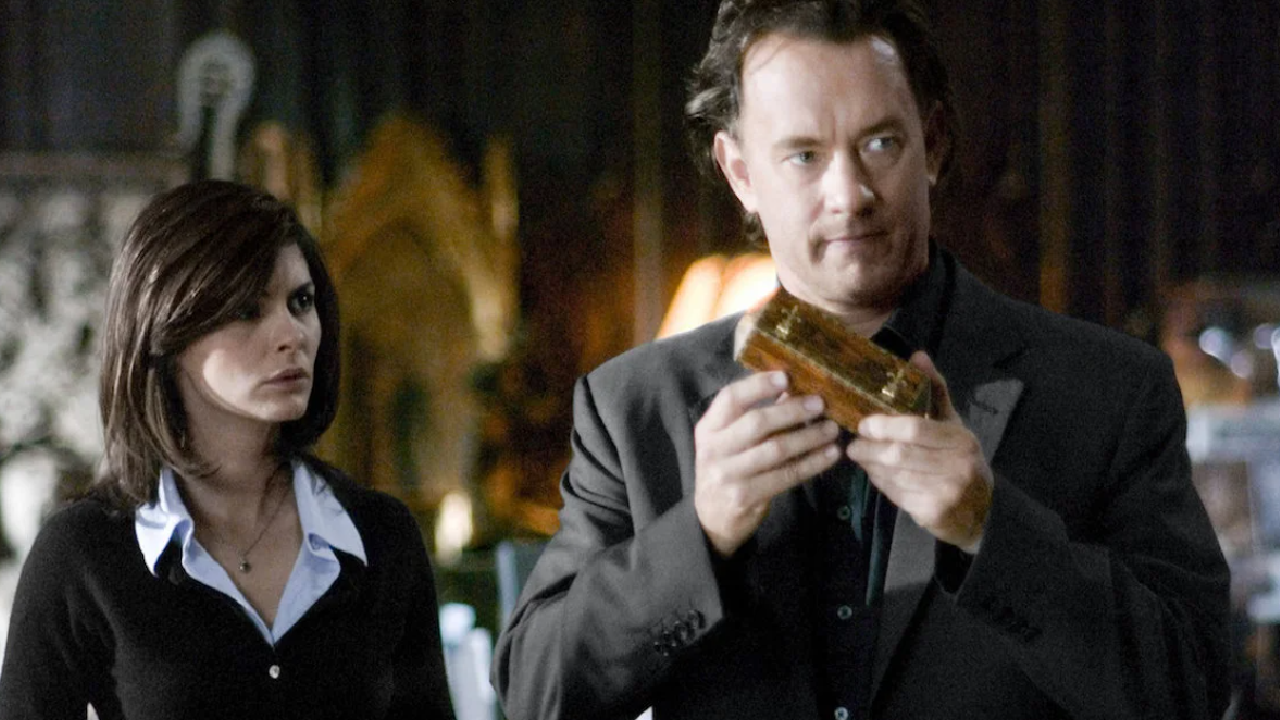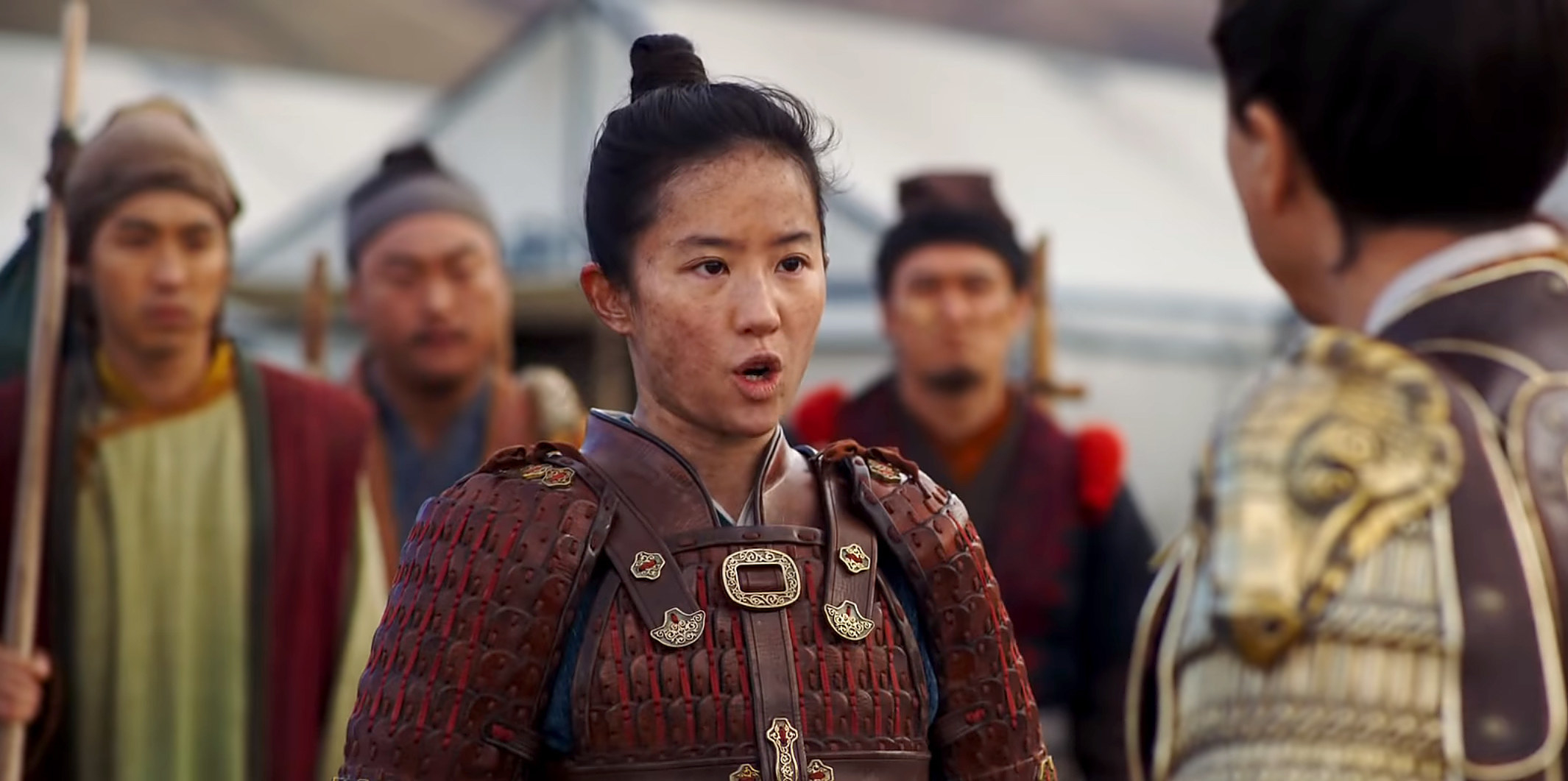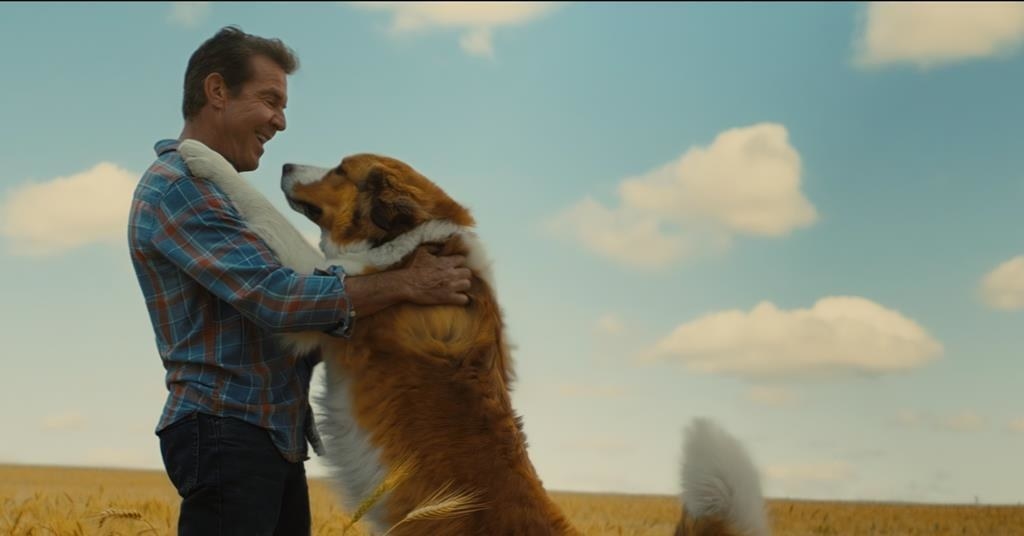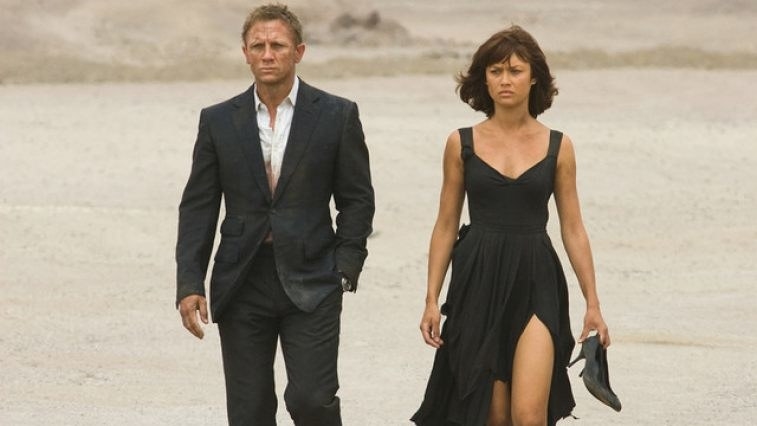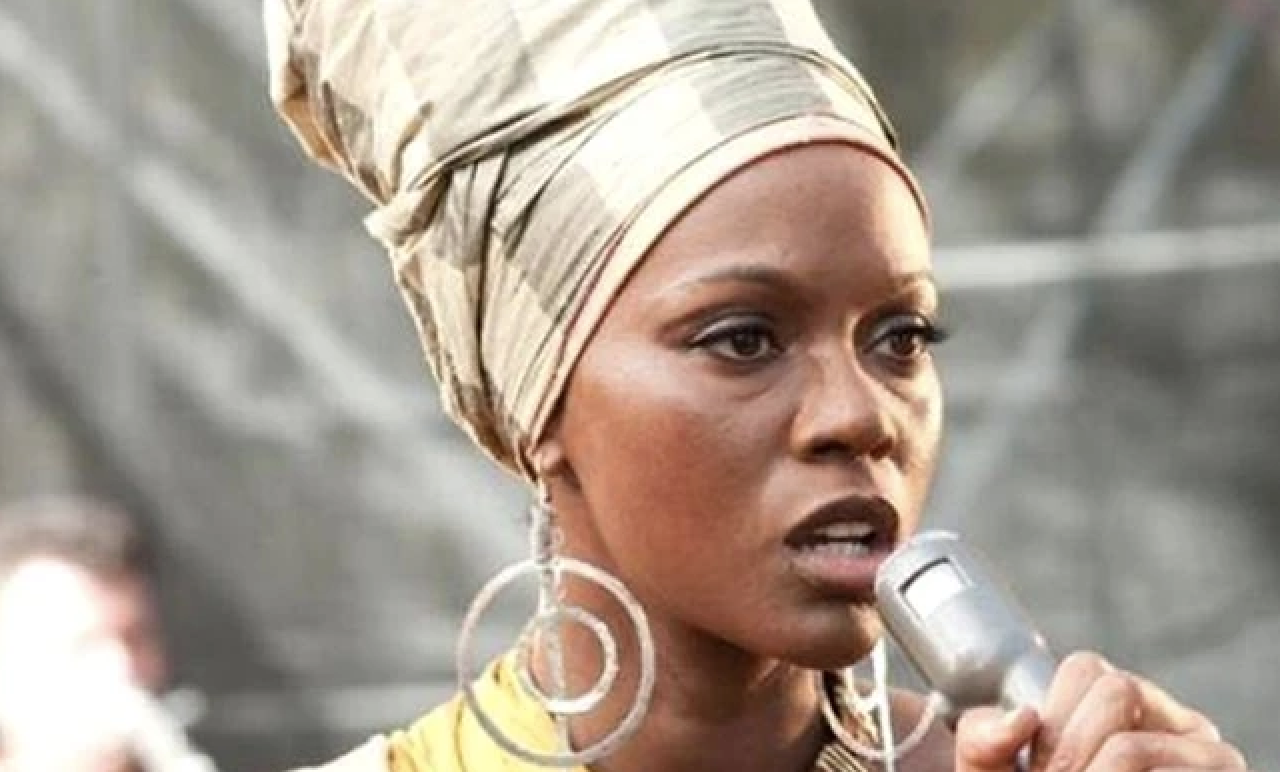“To allow the production and distribution of such a film on the assassination of an incumbent head of a sovereign state should be regarded as the most undisguised sponsoring of terrorism as well as an act of war.” Sony (the movie’s production company) was subsequently hacked, and thousands of internal emails were leaked online – US officials found that North Korea was directly involved. Producer and Directors Seth Rogan and Evan Goldberg were also given full-time security. The whole experience certainly took its toll on Seth, who admitted that it put him off directing, saying: “It was something that for sure felt like we burned our hands on the stove. I don’t think it’s a coincidence that we haven’t directed a film since.” The end of the movie particularly angered audiences, showing Christ on the cross being tempted by Satan with visions of a life of sex, marriage, and kids with Mary Magdalene. Thousands protested outside Universal’s LA office before its premiere, hundreds of cinemas across the US refused to show the movie, and even Blockbuster stores declined to stock the film. Protests erupted again when it was aired on TV in the mid-’90s. Despite the backlash, the movie won Martin Scorsese an Academy Award nomination for Best Director. Kubrick claimed that the idea of one individual film wouldn’t incite violence, but when a series of “copycat” crimes were jumped on by the press, Kubrick decided to delay the UK general release of the movie and limited the release to just one London theatre. When the controversy didn’t die down in 1973, Kubrick decided to pull the release in the UK – and for the US release in the same year, he cut 30 seconds of footage in order to get an R as opposed to an X rating. Kubrick’s wife revealed that the director also received death threats, which subsided when the movie was pulled. It was almost 27 years on from the movie’s initial UK release date that Warner Brothers International announced that the uncut version of the movie would be released in UK cinemas. This wasn’t everyone’s belief, however, as just before Terry Jones was about to begin filming in Tunisia, Chief Executive of EMI, Bernard Delfont, read the script and decided that his company would never fund such a project. It was actually George Harrison (yes, the Beatle), that stepped in to save the movie, remortgaging his house to put up the £2m that the Pythons needed. Once the film was finished, it received immediate backlash, with instant bans in Ireland and Norway. In fact, the advertisement in Sweden read, “so funny it was banned in Norway”. Furthermore, the President of the Rabbinical Alliance of America said of the movie: “Never have we come across such a foul, disgusting, blasphemous film before.” There were protests outside cinemas in New York, local councils banned the movie in the UK, and the debate raged on – of course, such a furore did wonders for the interest in the movie. When religious groups protested its release in the US, the number of screens it was being shown on tripled, which prompted John Cleese to say this of the protesters: ” they actually made me rich. I feel we should send them a crate of champagne or something.” The film grossed exceptionally well, and of the wide protests, Terry Gilliam found at least one positive aspect, “I thought at least getting the Catholics, Protestants, and Jews all protesting against our movie was fairly ecumenical on our part.” In a turn of events, however, when Sacha secretly made a sequel which was released in 2020, the response from Kazakhstan was totally different. Instead of outrage, or simply ignoring the movie, Dennis Keen and a friend pitched the idea of turning the iconic catchphrase, “very nice”, into the country’s tourism advertisement. The board of tourism accepted, and the pair shot four 12-second advertisements that showed people walking around Kazakhstan and saying the classic “very nice.” Other critics slammed the movie for being exploitative, sexist, and for its representation of abortion. Planned Parenthood agreed with the view that the movie had anti-abortion elements, with Caren Spruch, Planned Parenthood’s director of arts and entertainment saying: “While abortion is safe, essential health care, anti-abortion zealots have long contributed to abortion stigma by using medically inaccurate descriptions of fetuses and pregnancy. Andrew Dominik’s new film, Blonde, bolsters their message with a CGI-talking fetus, depicted to look like a fully formed baby. It is a shame that the creators of Blonde chose to contribute to anti-abortion propaganda and stigmatize people’s health care decisions instead.” “The production of the film did not bother to consult the heirs before describing Aldo Gucci — president of the company for 30 years — and the members of the Gucci family as thugs, ignorant and insensitive to the world around them." After seeing the first images of the film, Aldo’s daughter, Patricia Gucci, speaking on behalf of the family, said this: “They are stealing the identity of a family to make a profit, to increase the income of the Hollywood system. Our family has an identity, privacy.” She was further outraged by the physical portrayal of members of her family, saying: “My grandfather was a very handsome man, like all the Guccis, and very tall, blue eyes and very elegant. He is being played by Al Pacino, who is not very tall already, and this photo shows him as fat, short, with sideburns, really ugly.” She also called Jared Leto’s appearance as her father “horrible.” The Shirley family were angered that they weren’t consulted during the making of the film, which Nick Vallelonga (son of Anthony Vallelonga) explained was because of a conversation he’d had with Don, saying: “Don Shirley himself told me to not speak to anyone. He told me the story that he wanted to tell.” The family also believed that the story was inaccurate, saying that the tour that Vallelonga was driving Don on was to historically Black colleges and universities, not segregated venues. They also weren’t happy with the framing of the movie, with Shirley Kimble, daughter of Don Shirley’s brother Maurice, saying: “The thing that bothers our family is the focus of the film is all about a white man who was an extreme racist who was still a racist at the end.” When the movie won Best Picture, Twitter seemed to be baffled by the fact that what some described as a white saviour film won over pictures such as BlacKkKlansman. Indeed, BlacKkKlansman director Spike Lee seemed confused by the decision, saying “the ref made a bad call.” While they were pleased for Mahershala Ali with his Best Supporting Actor Oscar, the Shirley family were angered by the Best Original Screen Play and Best Picture Awards. It wasn’t all good news, however, because local councils across the UK felt the demands of angry pressure groups, and banned cinemas from showing it. While it got a lot of scrutiny, the British Board of Film Classification allowed the movie to be available on shelves after its video release. It was freely available to buy/rent for seven years later, but it was then found to be unsuitable for viewing at home. The decision was made due to the protagonist being only 12 years old and was thus removed from the shelves for 11 years. In addition to the banning, Warner Bros. had to hire bodyguards for actor Linda Blair for six months after the film’s release due to the number of death threats she received, claiming that her character glorified Satan. “Normally, we read the script, but this time it was not necessary. The name Dan Brown was enough.” So, judging by the response to the novel, it was clear that the film adaptation(s) would illicit a similar level of backlash, and that they did. Days before the release, director Ron Howard refused requests by Opus Dei to add a disclaimer at the beginning of the movie, saying “Those characters in this work of fiction act and react on that premise. It’s not theology. It’s not history. To start off with a disclaimer … spy thrillers don’t start off with disclaimers.”. At the same time, a high-ranking cardinal at The Vatican called on Christians to take legal action against both the film and the book, saying: “Christians must not just sit back and say it is enough for us to forgive and to forget.” The film was subsequently banned in various places, including Pakistan and several Indian states. Liu’s statement that she supported the Hong Kong police sparked outrage, and pro-democracy activists began a movement on Twitter for the movie to be boycotted, with one saying: “This film is released today. But because Disney kowtows to Beijing, and because Liu Yifei openly and proudly endorses police brutality in Hong Kong, I urge everyone who believes in human rights to #BoycottMulan” TMZ released the footage, which showed a German Shepherd dog unwilling to perform a stunt where it was supposed to be submerged in water. Viewers of the video believed the dog was being made to perform the stunt against its will, which drew the attention of PETA. PETA pleaded with audiences to boycott the movie, releasing a statement that read: “PETA is calling on dog lovers to boycott the film in order to send the message that dogs and other animals should be treated humanely, not as movie props.” Production companies Amblin and Universal insisted that the team “followed rigorous protocols to foster an ethical and safe environment for the animals.” The mayor of the town in Northern Chile, Carlos Lopez, was outraged first of all by the excessive police presence in the town while they were filming. He actually burst onto set, interrupting the shoot, and had to be detained by police. One police official said: “He got angry, entered into a private enclosure, caused public disorder and was detained,” Carlos Lopez explained his frustration: “For a town that has just 1,000 residents, sending in special forces and water cannons, preventing people from walking in the street, reminded me of the worst of the Pinochet years” – referring to Augusto Pinochet’s dictatorship, which took place from 1973 to 1990. He was also unhappy with the fact that the movie was shot in Chile, but then portrayed as Bolivia onscreen, saying: “I also disagree with national territory being used as locations (to represent) other countries. Even in a fictional film, unfortunately friendly, neighbouring countries use decisions like this to make unjustified claims.” At the time of the casting announcement, Nina’s daughter, Lisa Simone Kelly praised Saldańa’s acting ability, but said: “Appearance-wise, this is not the best choice.” Amid accusations of blackface, Saldaña and the film’s distributor, Robert L Johnson, defended the role, and Black movie stars including Queen Latifah came out in support of Zoe. Years on, Zoe admitted that she regretted taking the role, and was sorry, saying: “I thought back then that I had the permission because I was a Black woman. And I am. But it was Nina Simone. And Nina had a life and she had a journey that should have been, and should be, honoured to the most specific detail because she was a specifically detailed individual. “I should have done everything in my power with the leverage that I had 10 years ago, which was a different leverage, but it was leverage nonetheless. I should have done everything in my power to cast a Black woman to play an exceptionally perfect Black woman.”
